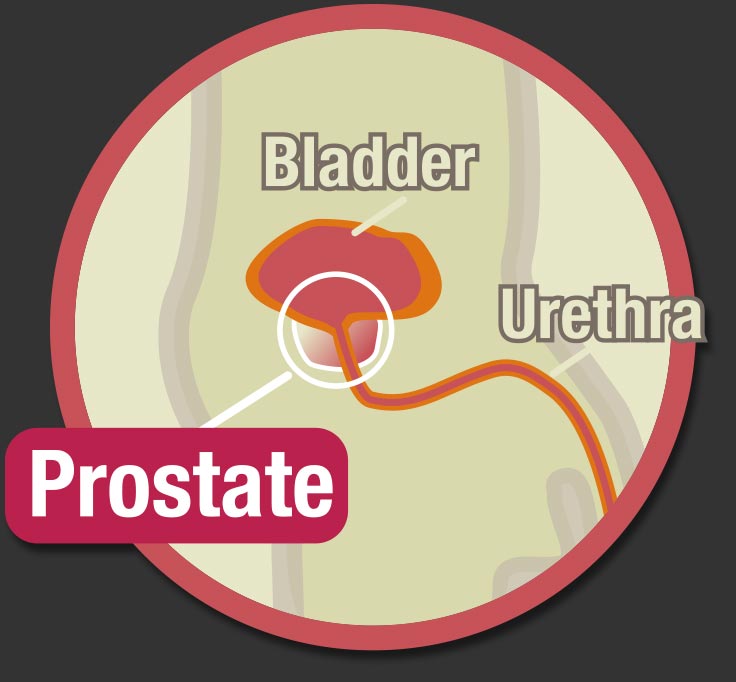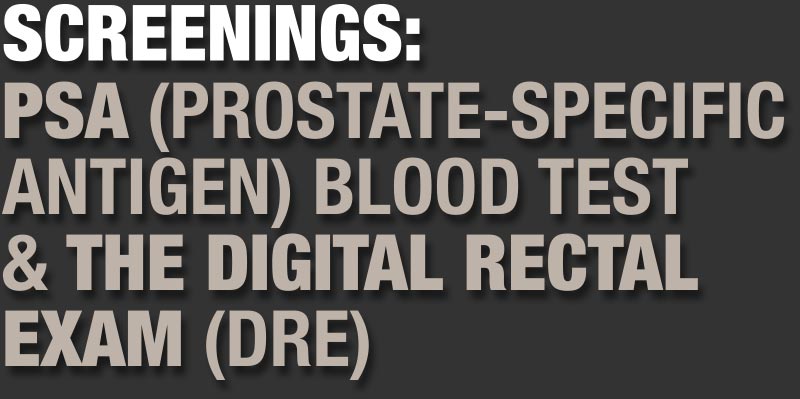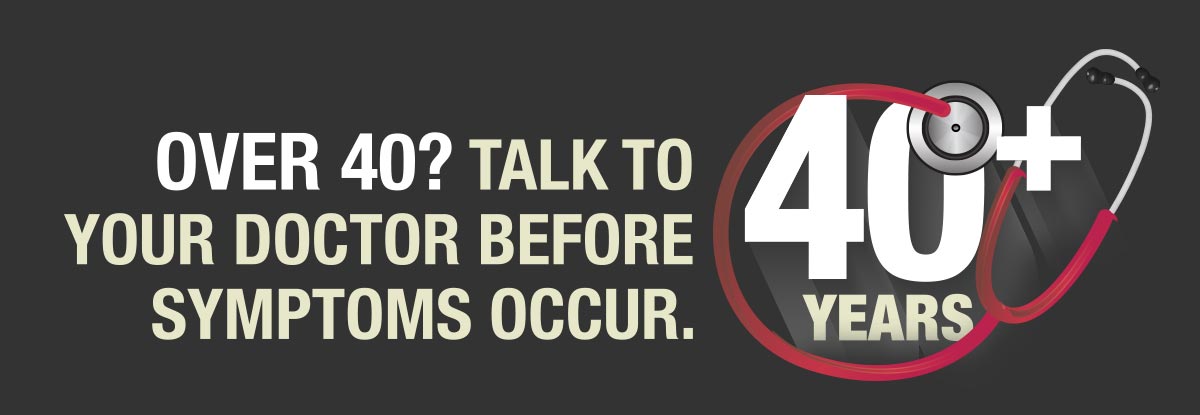Male Specific Cancer Facts & Symptoms
Common types of cancers that affect men are prostate, penile, and testicular cancers. If you are 40 years of age or older, it is important to talk to your doctor about being tested for these types of cancer before any symptoms occur.
Prostate cancer is the 2nd leading cause of cancer deaths in the U.S.


Prostate
Prostate cancer forms in the tissues of the prostate. It is the third most common cancer and sixth leading cause of death among men in the United States.
A common indication of advanced prostate cancer is frequent urination or a weaker flow of urine. There are often no early indications of prostate cancer.
Researchers predict 248,530 men will be diagnosed with prostate cancer in 2021. It is more common in men that have a family history of prostate cancer.
Because it usually grows slowly, patients that are diagnosed with prostate cancer are typically 65 years of age or older. It is rare for men under the age of 50 years old to develop the disease.

Penile
Penile cancer is a disease in which malignant cancer cells form in the tissues of the penis. The first sign of penile cancer is often a change in the skin of the penis including a lump, ulcer, rash, or bumps. An infection from human papillomavirus (HPV) may also increase the risk of penile cancer.
Treatment options include radiation and chemotherapy, but surgery is the most common treatment for all stages of penile cancer.
Sores or lumps from penile cancer are not typically painful, but can be in some cases. Therefore, it is important to see a doctor if you experience a new growth or any abnormality of your penis, even though it may not be causing pain.
Testicular
Testicular cancer forms in the tissues of one or both testicles. It is most likely to occur in men between the ages of 15 and 35 years old.
Testicular cancer is the 23rd most common form of cancer in the U.S.
Common indications of testicular cancer include swelling or a lump in a testicle.
Most testicular cancers can be cured, but there is a risk of infertility after treatment.
Researchers predict 9,470 men will be diagnosed with testicular cancer in 2021.
Want Alerts and
Helpful Information?

